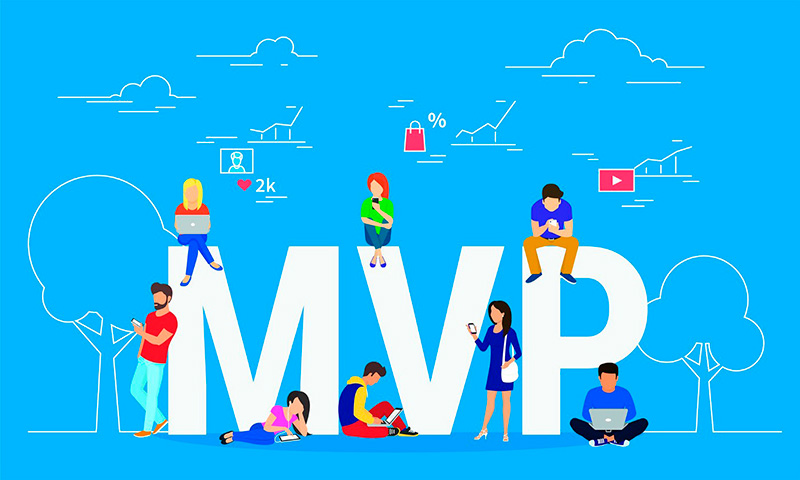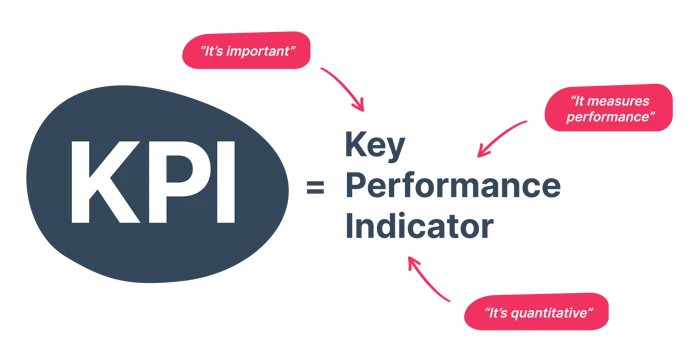
An ERP system integrates core business processes into a single platform to enhance efficiency, data accuracy, and decision-making.
What is an ERP System and What Are Its Main Advantages
Introduction
In today's digital world, optimizing business processes, using resources efficiently, and staying competitive are top priorities for any organization. In response to these demands, ERP (Enterprise Resource Planning) systems have become one of the most widely adopted and effective IT solutions in the global market. This article explores the essence of ERP systems, their structure, and the benefits they offer to organizations.
What is an ERP System?
ERP is an information system designed to manage all core processes within an enterprise — including finance, sales, procurement, production, and human resources — through a unified platform. Its primary goal is to enable integration between departments and simplify analysis and decision-making through real-time data sharing.
With an ERP system, an organization can manage the following processes in one place:
- Revenue and expense tracking
- Inventory management
- Order control
- Workforce planning
- Reporting and analytics
Typically, ERP systems are modular, with each module responsible for a specific functional area. For example, the "Finance" module handles accounting, budgeting, and tax reporting, while the "HR" module manages recruitment, leave, and payroll processes.
Core Components of an ERP System
A typical ERP system includes the following main modules:
- Finance and Accounting
- Manages all financial operations, including income, expenses, balance sheets, and taxes.
- Human Resource Management (HRM)
- Maintains employee records, payroll, attendance, leave, and performance evaluations.
- Supply Chain Management (SCM)
- Manages suppliers, orders, logistics, production processes, and inventory.
- Customer Relationship Management (CRM)
- Handles customer data, sales operations, marketing campaigns, and service delivery.
- Reporting and Business Intelligence (BI)
- Provides analytics and interactive reports based on data from all modules to support decision-making.
Key Advantages of ERP Systems
The main benefits of ERP systems lie in efficiency, resource savings, and accuracy in decision-making. Below are the key advantages:
1. Process Automation
ERP automates key business operations, reduces human errors, and improves productivity by streamlining workflows.
2. Centralized Data Management
With all departments working on a single system, information is stored in a centralized database, eliminating duplication and reducing errors.
3. Real-Time Monitoring and Analysis
Users have access to up-to-date data in real time, allowing for faster and more informed decisions.
4. Efficient Resource Utilization
ERP supports optimal planning and use of human, material, financial, and time resources, minimizing waste.
5. Improved Customer Relationship Management
Through CRM, businesses gain a complete view of customer interactions, helping them better understand needs and respond more effectively.
6. Compliance with Regulations
Modern ERP systems are built to comply with international standards and local regulations, especially in financial reporting and taxation.
7. Flexibility and Scalability
ERP systems can grow with the organization, allowing new modules or features to be added as needed.
Real-World Examples of ERP Use
Major global companies such as Samsung, Coca-Cola, Toyota, and General Electric utilize ERP systems to manage operations. For instance, Toyota uses ERP to control its entire supply chain, reduce delivery time, and optimize expenses.
In Uzbekistan, many organizations are also adopting ERP, including UZTELECOM, Uzbekistan Railways, several universities, and private companies.
Conclusion
The ERP system is an essential tool for managing modern businesses. It helps organizations plan and utilize resources effectively, boosting competitiveness and operational control. Selecting and implementing an ERP system successfully requires thorough planning and the involvement of experienced professionals.
ERP is the future — a driver of development and the core of digital business transformation.













